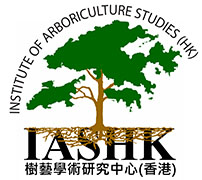in arboriculture. the study of the life function of a tree (contrast with anatomy. morphology. and taxonomy).
Physiology (/ˌfɪziˈɒlədʒi/; from Ancient Greek φύσις (phúsis) 'nature, origin' and -λογία (-logía) 'study of') is the scientific study of functions and mechanisms in a living system. As a subdiscipline of biology, physiology focuses on how organisms, organ systems, individual organs, cells, and biomolecules carry out chemical and physical functions in a living system. According to the classes of organisms, the field can be divided into medical physiology, animal physiology, plant physiology, cell physiology, and comparative physiology.

Central to physiological functioning are biophysical and biochemical processes, homeostatic control mechanisms, and communication between cells. Physiological state is the condition of normal function. In contrast, pathological state refers to abnormal conditions, including human diseases.
The Nobel Prize in Physiology or Medicine is awarded by the Royal Swedish Academy of Sciences for exceptional scientific achievements in physiology related to the field of medicine.
